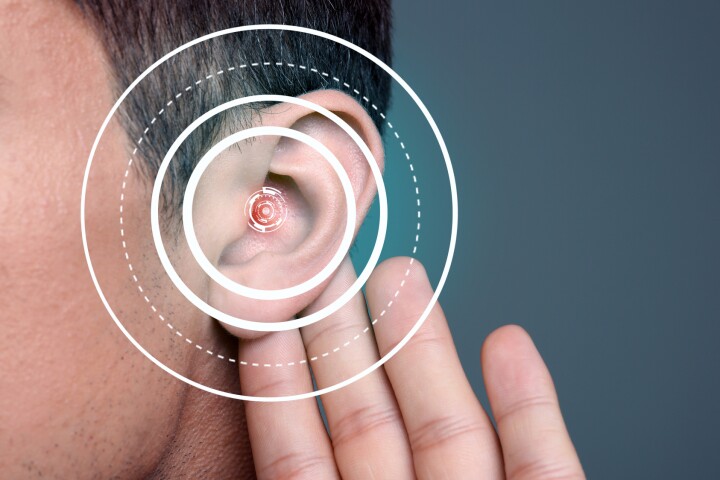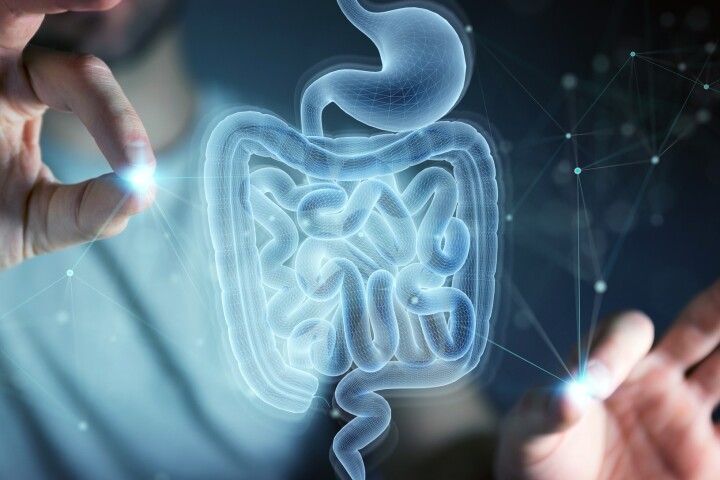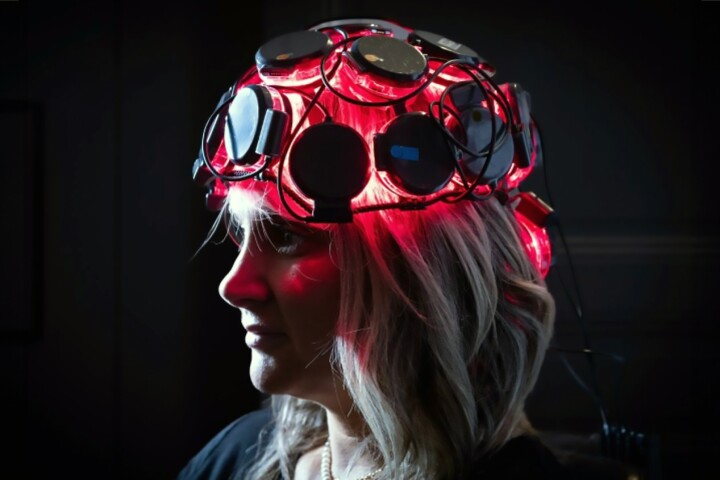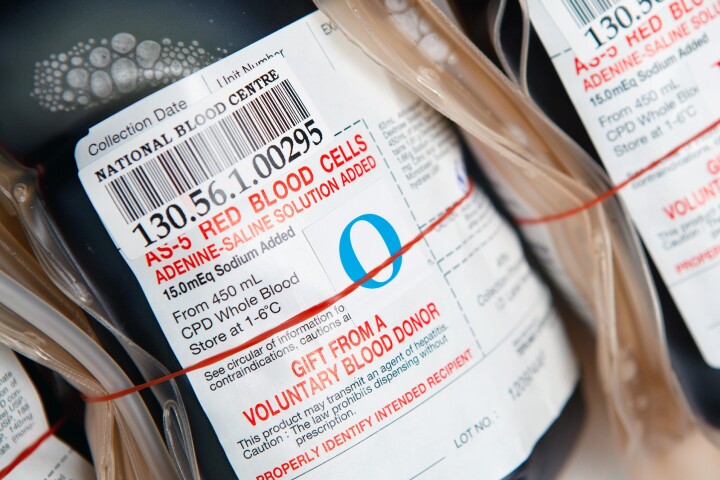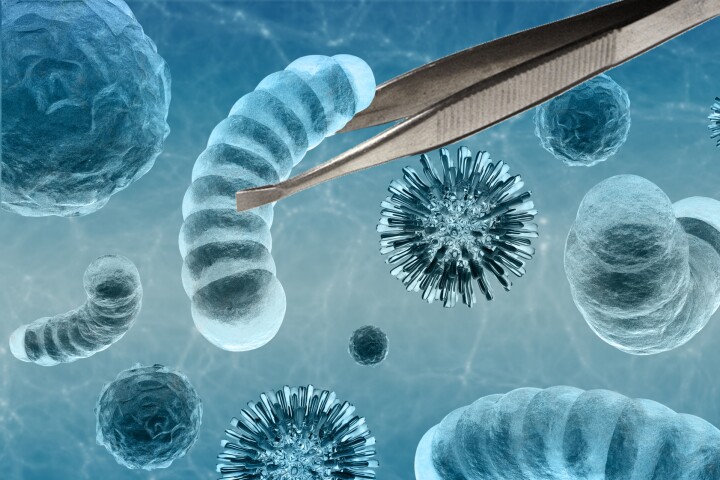Microbiome
-
Autism spectrum disorder is associated with distinct changes to the composition and functioning of a wide range of gut microorganisms, according to a new study. The findings pave the way for developing an accurate diagnostic test for the condition.
-
For the first time, scientists have successfully created a mouse with a 100% functional human immune system and microbiome. This 'humanized' mouse takes the guesswork out of research and may revolutionize how we test new drugs and understand diseases.
-
Combining magnetic properties relied on in traditional Chinese medicine with contemporary knowledge about the gut microbiome, researchers have developed a novel oral treatment to prevent and repair hearing loss caused by noise exposure.
-
An ingestible device the size of a vitamin pill takes a full inventory of microorganisms as it passes through the gut, including hard-to-reach places. Providing far more information than a fecal sample, the pill could inform the treatment of a wide range of health conditions.
-
Antibiotics kill disease-causing bacteria as well as the beneficial ones living in our gut, disturbing the health-maintaining microbiome. A new antibiotic specifically targets hard-to-kill bacteria while leaving our good gut bacteria alone, according to a new study.
-
Time-restricted eating has shown promise in a variety of ways. Now, a new study out of Arizona State University shows that combining it with a particular pattern of protein intake can positively impact weight loss and the gut's microbiome.
-
Applying non-invasive, low-intensity light to the head and belly simultaneously reduces the effects of chronic stress on the gut microbiome and the brain, according to a new study. The research adds to mounting evidence linking the two organs.
-
Using enzymes produced by a bacteria that almost everyone has in their gut, researchers have removed the antigens from red blood cells that determine blood type, putting us within reach of producing universal donor blood.
-
Improving the health of the gut microbiome by way of fecal transplant or dietary modification has been shown to noticeably improve COPD symptoms, opening the door to microbiome-targeted treatments for this currently incurable condition.
-
Our bodies are home to trillions of microbes, including bacteria, viruses, fungi, and a whole host of others. Now, Stanford scientists have discovered an entirely new class of biological entities inside us, which they’ve ominously named “Obelisks.”
-
The "microbiome" is the population of microbes found in every organism. Scientists have now genetically altered that population in rice plants, making them more resistant to harmful bacteria. The technology could reduce the need for pesticides.
-
Researchers have developed a ‘smart tweezer’ that can pluck a specific bacterial strain from a microbiome of trillions and sequence its genome better than current methods allow. The tool could lead to breakthroughs in disease diagnosis and treatment.
Load More


